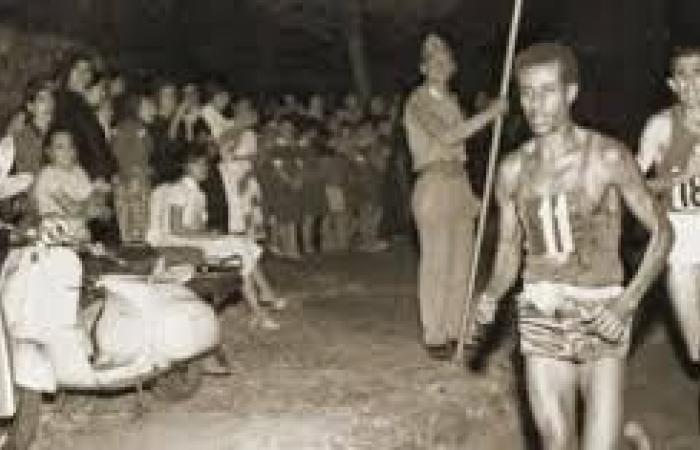Although the USSR had already debuted in the Olympic Games, in 1952, in Helsinki, it was in 1956 – in the Australian city of Melbourne – when for the first time it surpassed the United States in the medal table, with 37 golden scrolls compared to 27 for the American delegation.
It was one of the great milestones of the 16th edition under the five rings, and one of the most covered in the media, due to the dispute between the two countries, which marked the Cold War. But it was not the only one.
That call premiered the southern hemisphere as the organizer of multi-sport events and, in addition, it was the protagonist of an unprecedented event: it was the only time that a sport, horse riding, was held on another continent. Sweden’s Stockholm, more than 15,000 kilometers from the distant island continent, hosted the equestrian competition.
Two women, both from artistic gymnastics, won more gold medals than any other contestant: the Hungarian-Israeli Agnes Keleti, and the Soviet Larisa Latynina, both with a quartet of scepters.
Four years later, in Rome, Latynina reached 12 medals in the world’s highest athletic competition, adding three gold, two silver and one bronze. Another woman moved the Italian capital and the entire planet, as the American Wilma Rudolph abandoned the wheelchair to which she was bound by polio, to win three gold medals in the athletics speed events.
Also there, Ethiopian Abebe Bikila won the marathon, running barefoot, and became the first black African Olympic champion. His feat was accompanied by the winning start of Cassius Clay, better known as Muhammad Ali, who was an opponent of the Vietnam War, in which he refused to participate, and a dedicated fighter against racism, in the United States. .
In 1964, Japan finally hosted the Games. It obtained the headquarters of the 1940 version; However, the outbreak of the Second Sino-Japanese War, in the context of World War II, frustrated that aspiration.
But nine years after Hiroshima and Nagasaki fell victim to the clutches of the empire, with two atomic explosions in three days, Tokyo, with an impressive technological overflow, hosted the 18th Olympic Games.
Aside from the advances, there were great challenges. Bikila, this time wearing sneakers, faced the marathon six weeks after undergoing surgery for appendicitis, which weakened him and affected his training. However, he triumphed with 2:12.12, better than 2:15.16, in the previous event.
In short, the city of Tokyo remains in history as the first Asian city to host an Olympics.
The same happened with the Mexican capital, which was the first in Latin America to host the great event, in 1968. The occasion was the first official time of photosprint, in athletics, and touchpads, in swimming. Random urine tests were also initiated on athletes, in the search for substances that, since then, would be considered prohibited.
Again two gymnasts, the Czech Vera Caslavská and the Japanese Akinori Nakayama, with four, were the ones who won the most gold medals.
Ten days before the opening, the host nation mourned more than 300 students and civilians, victims of a true massacre: the Tlatelolco massacre, in a Games that the Mexican president at the time, Gustavo Díaz Ordaz, called the Olympics of Peace, ignoring the final souls who found the end of their days in the murderous weapons that, for even more infamy, were carried by a paramilitary battalion named Olimpia.
Tommie Smith and his partner John Carlos, gold and bronze in 200 meters, raised their fists, wearing black gloves, at the awards ceremony. His hands raised Martin Luther King, assassinated in April of that same year.






